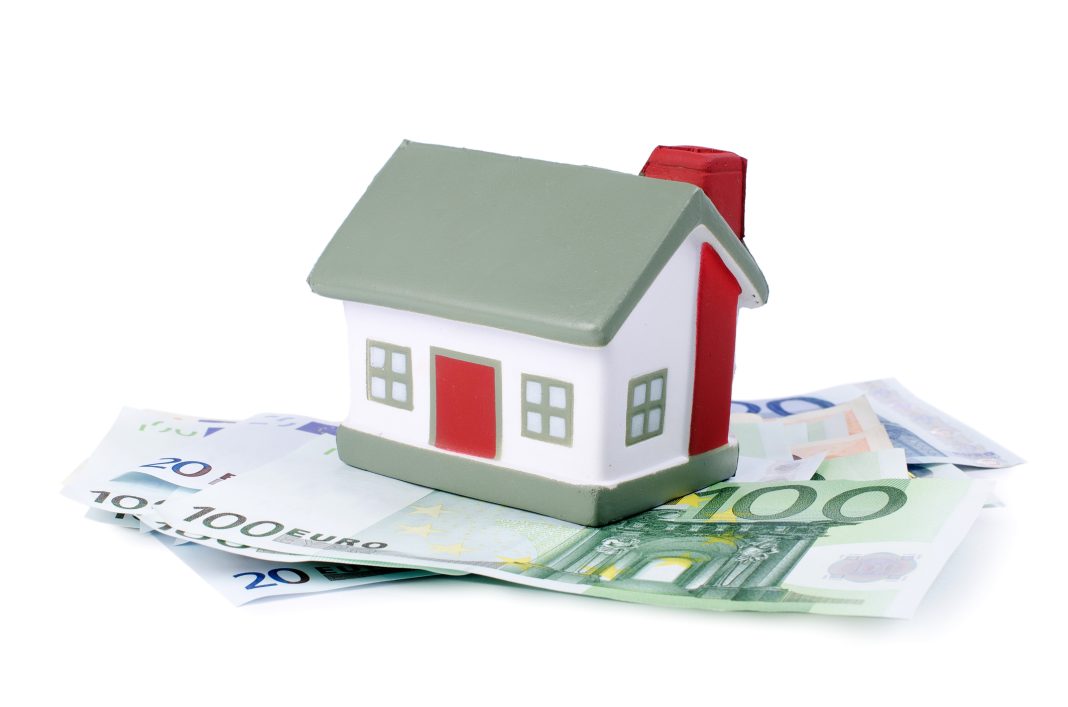Guillaume Lorentz, Head of Bankable Sustainable Solutions at the Sustainable Finance Observatory, explores FiRéno+, a project under the LIFE 2021-2027 programme funded by the EU to unlock private financing for deep energy renovation
FiRéno+ is a project under the LIFE 2021-2027 programme funded by the European Union (EU), aiming to unlock private financing for deep energy renovation.
FiRéno+ focused on the private residential and tertiary sectors, addressing barriers and identifying leverage solutions through a multistakeholder approach.
In total, from September 2024 to June 2025, FiRéno+ engaged in 30 working sessions, six roundtables, two plenaries and numerous informal discussions, gathering over 150 stakeholders from across the renovation ecosystem: State services, the six largest French banks (representing over 75% of the banking market), professionals, local authorities, technical experts, academics and associations.
Key findings
The collaborative process produced the dissemination of existing best practices and co-designed solutions ready for deployment to tackle identified barriers to private financing.
In the residential sector, five recommendations and concrete hands-on key solutions have emerged:
- Improve schemes to increase the efficiency of employer funds dedicated to employees’ home renovation.
- Facilitate banking reporting to assess the real effectiveness of financing, enable green loan qualification, and confirm progress toward national climate and energy goals.
- Frame an “Advance Aid Loan”for single-family homes to secure the implementation of renovation works.
- Conduct an impact study on the systematisation of deep renovation when acquiring an inefficient dwelling.
- Continue work on technical and financial support for deep renovation in the French Overseas Territories, adapting schemes to local specificities to scale up renovation.
In the private tertiary sector, seven recommendations and concrete hand key solutions have emerged:
- Pilot the creation of an Energy Service Company that also covers deep renovation.
- Launch a feasibility study for a post-renovation guarantee fund to enable more suitable loans.
- Facilitate banking reporting to ease procedures for green loans, strengthen alignment with the EU Taxonomy, and support green monetary policy.
- Allow local authorities to exempt companies from transfer tax when purchasing tertiary buildings to finance part of the renovation costs through reallocation of these duties.
- Introduce favourable depreciation schemes for energy renovation works and equipment to free up liquidity and trigger investments.
- Enable public subsidies to be channelled through an Energy Service Company dedicated to renovation to reduce the financial burden on companies.
- Clarify the link between the French Tertiary Decree on Energy Savings (“Décret Eco Energie Tertiaire”) standard and the EU Taxonomy’s substantial contribution criterion on climate mitigation to harmonise alignment and green loan qualification.
Expected results
The FiRéno+ project anticipates a substantial impact from the deployment of its solutions. In the residential sector, the measures are expected to mobilise over €2 billion in additional private capital, while directly contributing to improved energy efficiency, purchasing power, and better public health. In the private tertiary sector, the proposed interventions are projected to unlock more than €4 billion in additional private investment and generate significant primary energy savings.
L’ADEME
At ADEME (the French Environment and Energy Management Agency), we are firmly committed to combating global warming and resource depletion. We are mobilising citizens, economic stakeholders, and local authorities on all fronts, providing them with the means to move towards a resource-efficient, low-carbon, fairer, and more harmonious society.
In all areas – energy, the circular economy, food, mobility, air quality, climate change adaptation, soil, etc. – we advise, facilitate, and help finance numerous projects, from research to the sharing of solutions. At all levels, we put our expertise and foresight at the service of public policy. ADEME is a public industrial and commercial establishment (EPIC) under the supervision of the Ministry of the Environment, the Ministry of Energy, and the Ministry of Research.
SFO
Sustainable Finance Observatory is an international think tank specialising in mobilising private capital for a sustainable transition.
The organisation is the result of the merger of the international think tank 2° Investing Initiative which has been a pioneering think tank in supporting private financiers on climate alignment and impact investing since 2012 and the “Observatoire de la finance durable,” an initiative of the French Finance and Economy Minister.
Sustainable Finance Observatory occupies a unique position by operating across the entire finance value chain.
We provide data, analysis, tools, expertise, and advocacy in the following areas:
- Financial transition by supporting and monitoring net-zero commitments and transparency of private financial institutions, as well as assessing the impact of financial flows, including savings in the real economy.
- Transition finance by deploying financial engineering to build sustainable and bankable solutions to attract large-scale private capital in areas key to climate change mitigation and adaptation.
Res publica
A consulting firm specialising in consultation and collaborative dialogue, Res publica helps institutions, organisations, and companies organise useful and effective dialogues.


